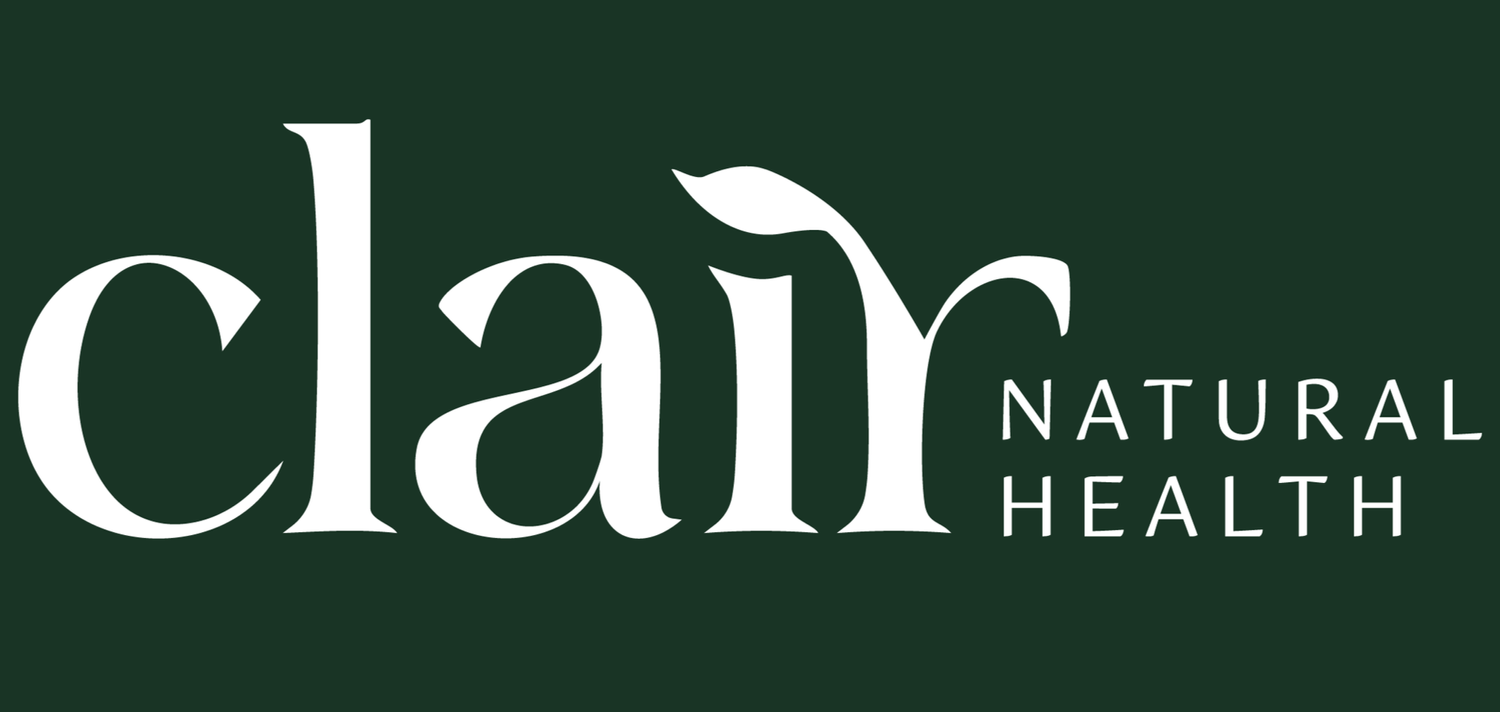
Code of Conduct
National Code of Conduct for Health Care Workers (Queensland)
Better Consumer Protection
Everyone has the right to expect that health care workers deliver safe and quality services. Generally, health care workers deliver services to improve the health of their clients, but sometimes a health care worker may operate outside the bounds of what is ethical or safe health care.
What is the National Code of Conduct for Health Care Workers (Queensland)?
In Queensland, the code applies from 1 October 2015 and is recognised as the National Code of Conduct for Health Care Workers (Queensland) (National code (Queensland)). In 2015, Australian state and territory government health ministers agreed to the terms of the National code to give greater protection to consumers for services provided by certain health care workers.
What is Expected of Health Care Workers?
Health care workers must:
Provide services in a safe and ethical manner.
Obtain consent from their clients.
Display appropriate conduct when giving treatment advice.
Report concerns about treatment or care provided by other health care workers.
Take appropriate action in response to adverse events.
Adopt standard infection control precautions.
Practise safely if diagnosed with infectious medical conditions.
Not make claims to cure certain serious illnesses.
Not misinform their clients.
Not practise under the influence of alcohol or unlawful substances.
Modify or stop practising if they have certain mental or physical impairments.
Not financially exploit clients.
Not engage in sexual misconduct.
Comply with relevant privacy laws.
Keep appropriate records.
Be covered by appropriate insurance.
Display National code and other information (unless exempt).
To Which Health Care Workers Does the National Code (Queensland) Apply?
The code applies to:
Unregistered health care workers, and
Registered health care workers providing a service not related to their registration.
It does not apply to registered health care workers delivering services related to their registration under the National Registration and Accreditation Scheme. You can check registration status at www.ahpra.gov.au
How Can I Make a Complaint About the Health Care I Have Received?
If you are dissatisfied with a health service, or concerned with the health, conduct, or performance of a health care worker, you have the right to complain.
First, try speaking with the health care provider directly.
If unresolved, lodge a complaint with the Office of the Health Ombudsman:
Online: www.oho.qld.gov.au
Post: PO Box 13281, George Street Brisbane Qld 4003
Fax: (07) 3319 6350
Email: complaints@oho.qld.gov.au
Phone: 133 OHO (133 646), Mon–Fri 9am–5pm
Accessibility Information
Interpreters: Call 131 450 via Translating and Interpreting Service.
Hearing or speech impaired:
TTY/voice: 133 677
Speak and Listen: 1300 555 727
SMS relay: 0423 677 767
Website: www.relayservice.gov.au
What Actions May Be Taken?
The Health Ombudsman or Queensland Civil and Administrative Tribunal (QCAT) may take action based on breaches of the National code. These may include:
Assessing the complaint
Facilitating local resolution
Taking immediate action (e.g., interim prohibition order)
Investigating
Conciliation
Referral to another government entity (e.g., police)
Referral to the Director of Proceedings for possible QCAT action
Public inquiry
More info: www.oho.qld.gov.au
How to Check if a Health Care Worker Has a Prohibition Order?
Prohibition orders may apply across Australian states and territories. Currently, Queensland recognises prohibition orders from NSW and SA, with more to follow.
Resources by state:
